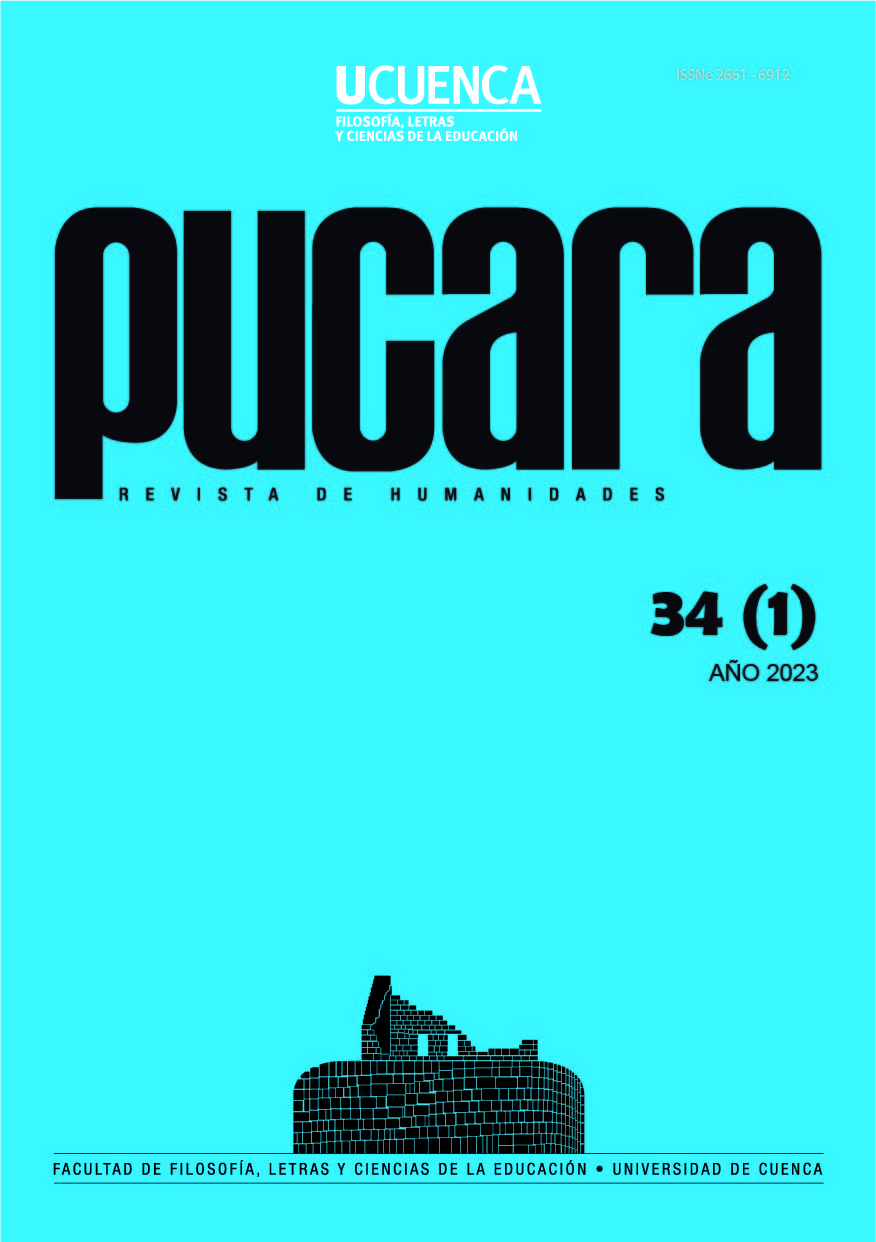The gravitational force of common days
Critical theory and daily life in Bolívar Echeverria
DOI:
https://doi.org/10.18537/puc.34.01.01Keywords:
daily life, criticism , capitalist modernityAbstract
The work deals with what could be called a "philosophy of daily life" in the thought of Bolívar Echeverría. It focuses on the thematization that the author has carried out on the gravitational force that "ordinary days" -whether those that are organized around the routine of work and consumption or those that break with the continuum of becoming through play, the festival and art-have in the historical development. Likewise, it covers two fundamental aspects of a critical theory of daily life in capitalist modernity: the technical and linguistic subsumption that operate in the passing of ordinary days. Echeverría maintains that in their apparent insignificance, in the constant and uninterrupted succession, ordinary days establish and project structuring principles that will collaborate in the reproduction of what exists, or on the contrary, they will go, littleby little and underground, sowing the conditions for its destruction.
Downloads
References
Echeverría, B. (1998). Valor de uso y utopía. Siglo XXI.
Echeverría, B. (2005). La modernidad de lo barroco. Ediciones Era.
Echeverría, B. (2010a). Modernidad y blanquitud. Era.
Echeverría, B. (2010b). Definición de la cultura. FCE/Itaca.
Echeverría, B. (2012). La actualidad del discurso crítico. Revista Contrahistorias. La otra mirada de Clío, número 19, 77-86.
Fuentes, D. (2014). Semiótica de la vida cotidiana: Bolívar Echeverría. En Moraña, M. (Ed.), Para una crítica de la modernidad
capitalista. Dominación y resistencia en Bolívar Echeverría (pp. 237-246). DGE/Equilibrista.
Published
How to Cite
Issue
Section
License
Copyright (c) 2023 Ángeles Smart

This work is licensed under a Creative Commons Attribution-NonCommercial-ShareAlike 4.0 International License.
Copyright © Autors.

You are free to:
 |
Share — copy and redistribute the material in any medium or format |
 |
Adapt — remix, transform, and build upon the material for any purpose, even commercially. |
Under the following conditions:
 |
Attribution — You must give appropriate credit, provide a link to the licence, and indicate if changes were made. You may do so in any reasonable manner, but not in any way that suggests the licenser endorses you or your use. |
| NonCommercial — You may not use the material for commercial purposes. | |
| ShareAlike — If you remix, transform, or build upon the material, you must distribute your contributions under the same license as the original. |
| No additional restrictions — You may not apply legal terms or technological measures that legally restrict others from doing anything the licence permits. |












